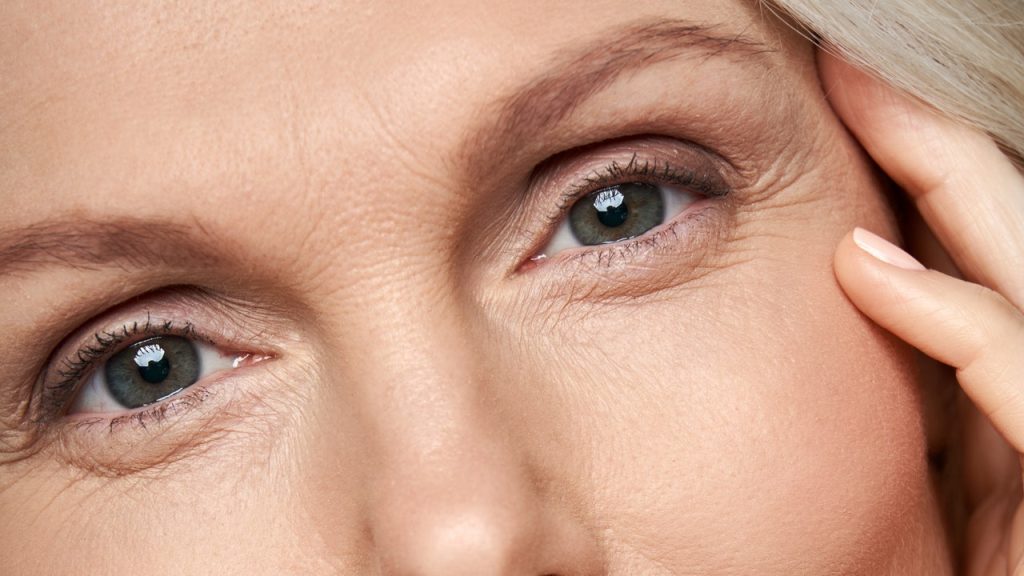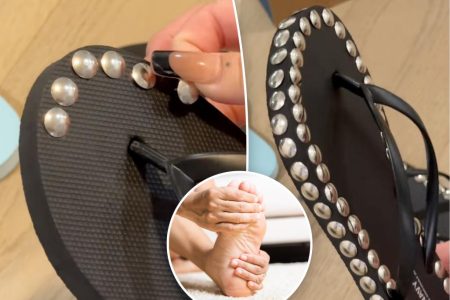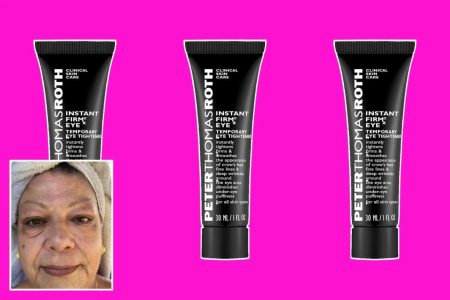Retinol and peptides can take time to show results, making hyaluronic acid an essential addition to skincare routines. As a naturally occurring substance in the skin that decreases with age, hyaluronic acid can provide immediate benefits when applied topically. Dr. Lin explains that hyaluronic acid can have plumping effects, reduce the appearance of fine lines and wrinkles, promote wound healing, and aid in tissue repair. While collagen is often marketed as an anti-aging ingredient, its large molecule size makes it difficult to penetrate the skin effectively, leading Dr. Lin to suggest focusing on ingredients that can boost collagen production instead.
In order for an anti-aging serum to be effective, consistent use is key. The formulation of the serum plays a significant role in the results it can deliver. Dr. Libby recommends investing in serums from brands that prioritize research, development, and have strong clinical studies to support their claims. While serums are a category worth splurging on, it may also be necessary to include in-office procedures in your skincare routine to accelerate and achieve desired results. Adjusting your expectations to account for the long-term benefits of using the serum is important, as it can lead to smoother, firmer skin with continued use.
The ideal time to start using an anti-aging serum is in your 20s to early 30s, as collagen and elastin production begin to slow down during these years. Supporting these processes through the use of a serum can help prevent signs of aging. When applying a serum, start with clean skin, following a toner or face essence, and follow up with a moisturizer designed for aging skin. For morning routines, applying sunscreen after moisturizer is essential for sun protection. Retinol serums should be used at night, following a clean face and moisturizer. Due to retinol’s potential to increase skin sensitivity to sunlight, always use a sunscreen with at least SPF 30 during the day to protect your skin.
Dr. Lin emphasizes the importance of sunscreen as the number-one step in anti-aging and wrinkle prevention, as UV radiation from sun exposure can cause skin damage. Neglecting sunscreen could undo the progress made by the anti-aging serum and compromise the future appearance of your skin. By prioritizing sun protection and incorporating anti-aging serums into your skincare routine, you can work towards achieving smoother, firmer, and healthier skin. Tiffany Libby, M.D., a board-certified dermatologist and dermatology professor at Brown University, and Gloria Lin, M.D., a board-certified dermatologist at Schweiger Dermatology Group in New York, NY, offer expert insights and recommendations for effective anti-aging skincare.















